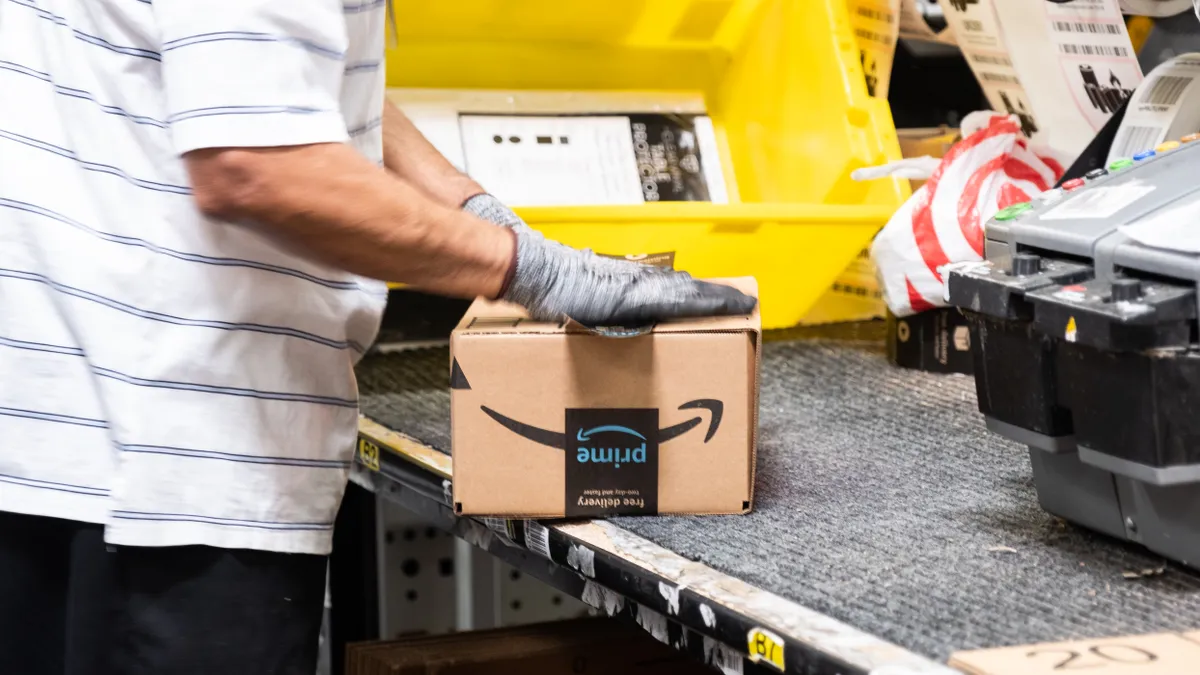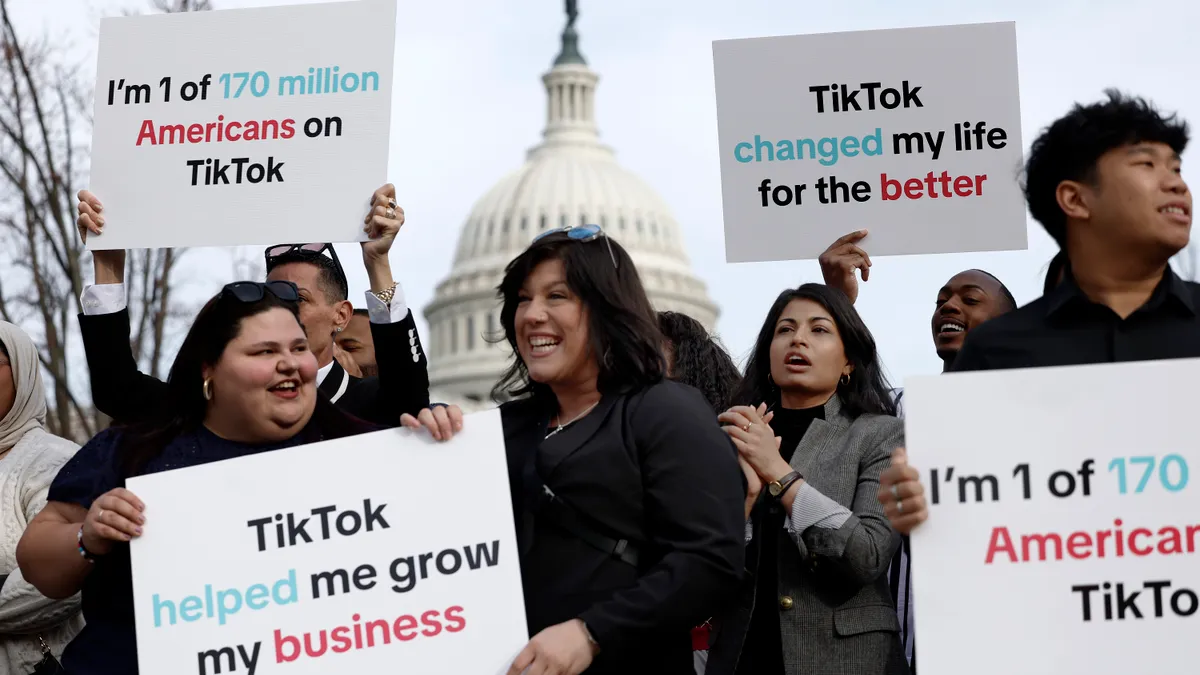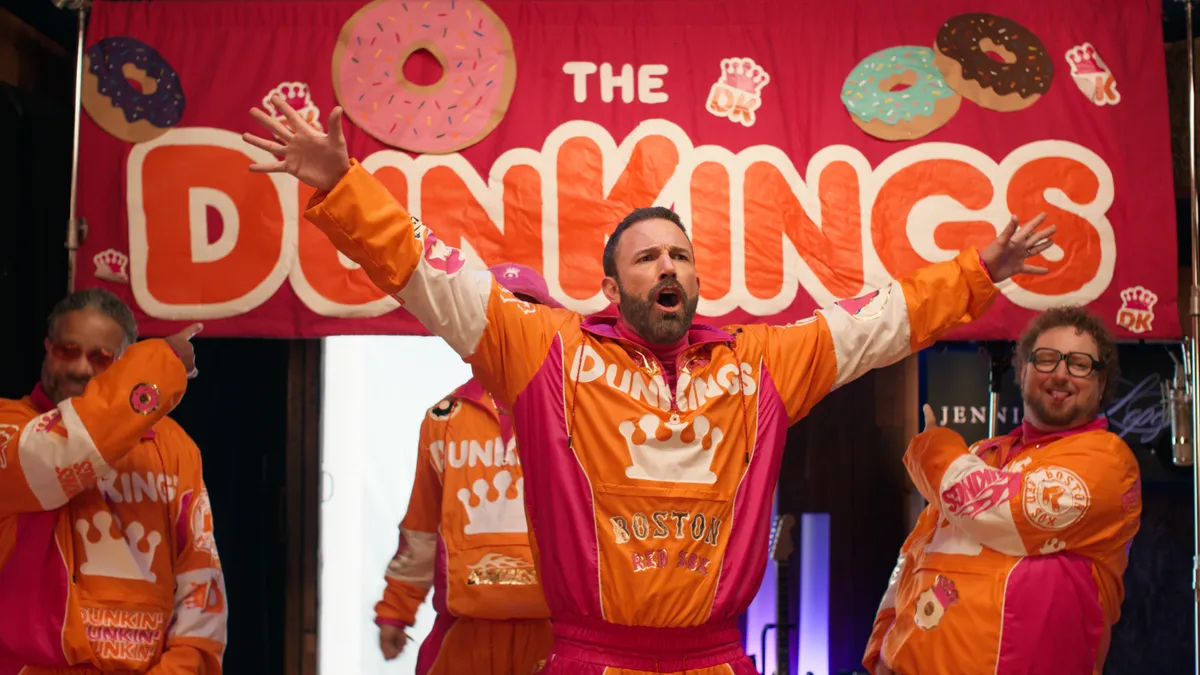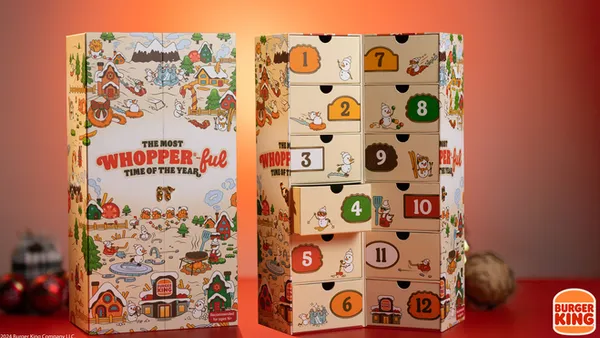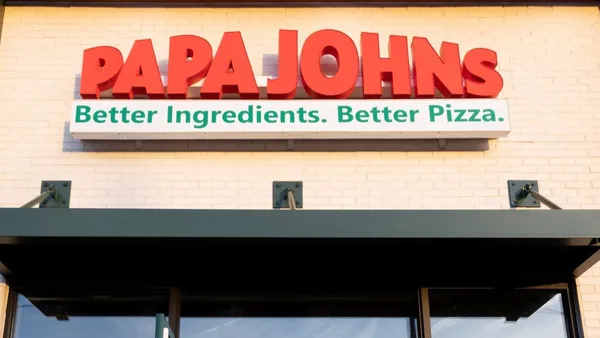Dive Brief:
-
Amazon retains its position as the world's most valuable brand, according to the latest BrandZ rankings of the top 100 most valuable brands. Amazon's brand value increased 32% to reach $415.9 billion this year, the list compiled by WPP and research firm Kantar found. The e-commerce company added almost $100 billion in brand value this year, accounting for more than one-third of the list's total growth.
-
Facebook ranked No. 5 on the list but saw its brand value drop 7% from a year ago, per details shared with Marketing Dive. TikTok (No. 79, $16.9 billion), Lancome (No. 98, $13.6 billion) and Pepsi (No. 99, $13.3 billion) were new entrants to the top 100. Mastercard entered the top 10 list for the first time, seeing an 18% increase in brand value.
-
Retail was the fastest-growing sector in brand value, with a 21% increase driven by major e-commerce players. E-commerce brands Amazon, Alibaba and JD showed innovation and agility during the coronavirus crisis, the report said, and e-commerce investments from more traditional retailers such as Walmart, whose brand value increased 24%, also helped feed the growth.
Dive Insight:
Companies that have consistently invested in long-term marketing and focused on building strong brands are managing to survive the coronavirus pandemic and still add brand value, according to the latest BrandZ rankings from Kantar and WPP. One standout example is Amazon, which became the world's most valuable brand last year and has managed to fortify that position during a year marked by multiple crises. Already immensely popular, the e-commerce giant has become a go-to resource during the pandemic for everything from snack foods, school supplies and toilet paper, along with serving as an entertainment hub to stream music, movies and TV programs.
Amazon's brand value gains coincide with the strength of the e-commerce category broadly, which has helped retail become the fastest-growing sector. As consumers looked for ways to avoid going out to stores to shop, Amazon and rivals Walmart, Alibaba and JD were there to deliver goods. The e-commerce windfall has served as a particulary strong lifeline for retail marketers with large brick-and-mortar operations. Walmart, for instance, saw digital commerce surge 74% in Q1 2020, even as foot traffic experience disruptions brought on the by the new coronavirus.
BrandZ's list of the most valuable brands additionally underscores how innovation and creativity are important elements for driving growth as people spend more time online. This is evident in the fact that technology brands dominate BrandZ's list and manifests in the debut of platforms like TikTok, which has been rapidly expanding.
"Innovation has proven to be a key driver for growth in this year's Top 100, and a way to prevent decline," Doreen Wang, global head of BrandZ at Kantar, wrote in a statement. "Creativity is also an important trait for the world's most valuable brands. Companies like Amazon, Apple and Google — the tech giants that keep on innovating — successfully combine both to continue being relevant to consumers' lives and making it easier for them to choose a brand."
Consumer packaged goods brands have been in demand thanks to the pandemic, as consumers shift spending from travel and dine-in restaurants to small pleasures to be enjoyed at home. The category saw sales increase 8.2% in the U.S. in March, and Kantar's list points to some of the brands that consumers were looking for, as Lancome and Pepsi landed on its rankings for the first time.
Facebook, while still in the top 10, saw its brand value decrease as the company faced a string of bad press. The social media giant is now being boycotted by a large list of marketers both large and small, including Coca-Cola dn Unilever, for failing to tamp down on hate speech and the spread of misinformation on its platforms.
Meanwhile, Mastercard inched up, landing in the top 10 for the first time. The movement was supported by the financial services marketer's strong performance and growing brand equity. The brand was credited by Kantar with engaging consumers by fitting into their lifestyles, and in doing so creating close emotional connections. Mastercard has been ramping up its marketing strategy over the past several years, having introduced a sonic branding architecture last year and acquiring loyalty platform SessionM.


